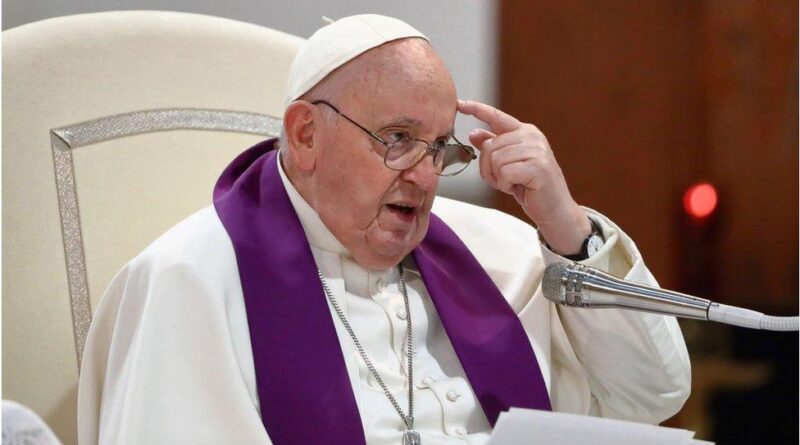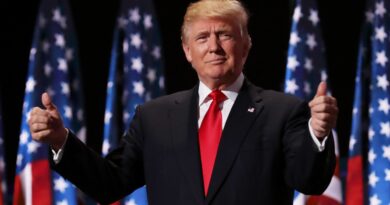Pope Francis on Protecting Truth, using AI and Ideologies
In his New Year’s address to diplomats at the Vatican, Pope Francis issued a stark warning about the dangers of misinformation and the misuse of artificial intelligence (AI) to influence public perception. Delivered on Thursday by a senior cleric, the address highlighted growing concerns over how these tools could be weaponised to manipulate minds, distort realities, and sow division.
The Pope expressed deep concern about the societal impact of fake news, particularly its ability to foster mistrust, hatred, and instability. “This phenomenon generates false images of reality, a climate of suspicion that foments hate, undermines people’s sense of security, and compromises civil coexistence and the stability of entire nations,” he said.
This warning comes at a critical time when technology giants are grappling with how to address misinformation. Just two days before the Pope’s address, Meta, the parent company of Facebook, announced its decision to end its third-party fact-checking program in the United States. Instead, Meta plans to adopt a crowd-sourced approach, similar to that used by X (formerly Twitter), owned by Elon Musk. These policy shifts underscore the challenges of regulating digital platforms and ensuring the accuracy of information shared online.
Pope Francis emphasised the potential misuse of modern communication tools and AI to further economic, political, and ideological agendas. “In our time, the denial of self-evident truths seems to have gained the upper hand,” he remarked. “These tendencies can be amplified by the modern communications media and by artificial intelligence; they can be misused to manipulate minds for economic, political, and ideological ends.”
The pontiff also called for a greater emphasis on education within media systems to equip people with the critical skills needed to evaluate information effectively. He urged media outlets to prioritise their role in fostering informed and discerning societies.
Another focal point of the Pope’s address was his critique of “cancel culture,” which he described as a phenomenon that “tolerates no differences and focuses on individual rights to the detriment of duties towards others, especially the weakest.” He warned against the manipulation of multilateral documents, citing attempts to redefine terms or reinterpret human rights treaties to advance divisive ideologies.
“In this regard, it is unacceptable, for example, to speak of an alleged ‘right to abortion’ that contradicts human rights, particularly the right to life,” he stated. The Pope cautioned that such reinterpretations threaten to undermine the foundational principles of human rights.
See Also: Todd Bentley: Souls of Suicide Victims Are Most Tormented in Hell
Pope Francis also criticised multilateral institutions for becoming “like-minded clubs that only let in those who think in the same way.” He argued that such an approach erodes their ability to promote peace and stability. Instead, the Pope called for these institutions to uphold their mandate of fostering unity and cooperation among diverse perspectives.
Pope Francis has consistently spoken out against the dangers of fake news and the need for ethical responsibility in digital communication. His latest address reinforces the urgency of addressing these challenges in an era increasingly shaped by AI and social media.
As the Catholic Church’s leader since 2013, Pope Francis remains a steadfast advocate for truth, unity, and the ethical use of technology in society.
Content Credit| Igbakuma Rita Doom
Picture Credit | https://www.bbc.com/




